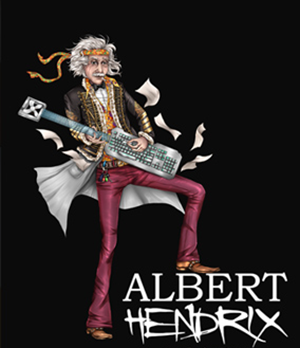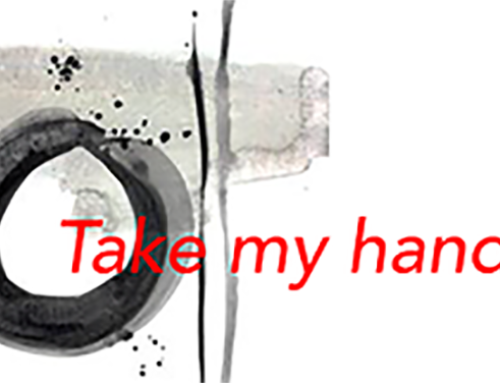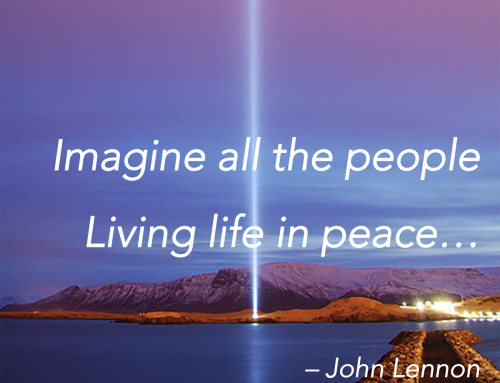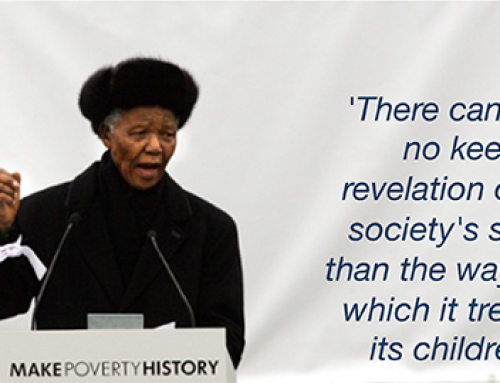Five lessons from the death of a loved one…
On 16 June 2014, a young man passed away peacefully but alone in a Melbourne hotel room. There are few possessions or memorabilia and no great public achievements to record his brief time on Earth. It will be the memories of his family and close friends, which remind us that a special and important life has ended. As we all struggle with the grief of losing a son, a brother, an uncle, a nephew and a good friend, we try to give his life special meaning by reflecting on personal and shared experiences of his presence in our lives. In this way, hopefully, we will come to understand and celebrate the ‘gift’ of this life, which has been taken from us so suddenly.
Inevitably, we are reminded of the fragility and fleeting nature of our own lives. We find ourselves thinking about the meaning of our lives, reflecting on our presence in this world and the potential of our lives to be ‘gifts’ for those we care about. Perhaps we already know who we are and why we are here, and our reflections at this time are more about the authenticity of our presence – the way we are living our life. Perhaps we are still searching for our purpose in life, to understand the gift that we can be for others. Or perhaps we are letting our lives unfold, taking each day as it comes, confident that during our time in this world we are the best that we can be for ourselves and for others. No matter who we are, or how we see our place in the world, at times we will all ponder our existence, searching for purpose to give meaning to our lives.
One gift from this young person to those who mourn his passing is to cause us to reflect – to make us stop and think about our lives. As we focus on the challenges and successes of his life, and our memories of times we spent together, both good and not so good, we come to know him better than we did. We can see our intersecting lives in a new perspective. Love begins to colour a picture that is full of gifts, moments in time that make us smile and rejoice. And we can freely admit that these moments would not have been the same without him.
Our sadness in his departure gives way to a growing sense of gladness that we had the opportunity to know him, to be part of his life. We begin to think more about his continuing spiritual presence in our community, a presence locked forever in the memories and reflections that record the valuable contribution he made to our lives – the gifts that he gave away.
But what can we learn, what can we ‘know’ from our brief encounter with his life which will enhance our own lives?
- Live your purpose: We can know that our presence in this life is important, that we each have a unique purpose that expresses the truth of who we are, our best intentions for our life. And we can know that to manifest that purpose in an authentic way is to be the best that we can be – to be our gift to the people we care about.
- Love unconditionally: We can know that community matters, that our relationships with others offer opportunities to give and receive each other’s gifts. And we can know that for these relationships to be meaningful they must be nurtured by unconditional love – love that enables us to see beyond our differences and embrace the opportunities for learning from the people we encounter on our life journey.
- Learn from others: We can know that we all have gifts to give, the potential to make a difference in the way we live our lives. And we can know that our potential will be released simply by showing up as who we really are and not as who we think we need to be. It is our authentic presence in life that will not only release the gifts we have to give, but make us open to receiving the gifts we need from others. By masking our true presence, presenting the person we think we need to be rather than who we are, we deny our community the beautiful life they could have known.
- Make a difference: We can know that our community needs us, that we have a contribution to share that will make our community a better place. We can also know that we can falter and fail, that finding our place in our community can be a fraught process. But we can also be confident that our genuine efforts to be of service to our community is all that is needed from us; that our failures are simply opportunities for learning for ourselves and others, opportunities to see new pathways for our life journey.
- Be well: We can know that the opportunity to be the gift of our life is dependent on being well, that attending to our physical, emotional, social and spiritual wellbeing is an essential enabler for our purposeful presence within our community. We can also know that our spiritual wellbeing is fundamental to our overall wellbeing; that to be fully aware of our presence on Earth, to be forever mindful of the way we live our life, will make us ‘whole’ and enable our life to be the gift to ourselves and others that it was meant to be.
These are the five commitments that enable you to be a congruent person and to lead a joyful life.
Being joyful is a wonderful entanglement of peacefulness, happiness and love. It is about revealing who we really are – the truth of us. It is about being our authentic self. Being joyful is the expression of a deep inner sense of wellbeing that flows through us when we are truly present, when we are living our life on purpose.’ (The Congruence Framework)
For more about the joyfulness of a congruent life please read Part Three of my book The Congruence Framework
Farewell Albert…your precious gifts remain in our keeping.
You will find the words I wrote for the funeral service at ‘words at Warrenhiep’






